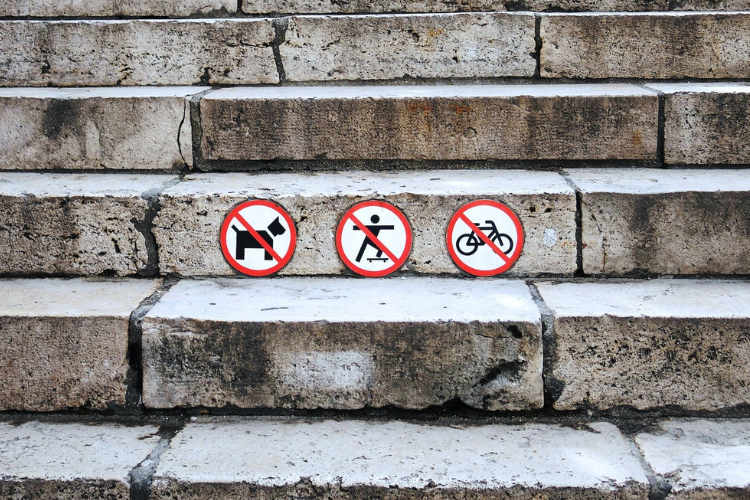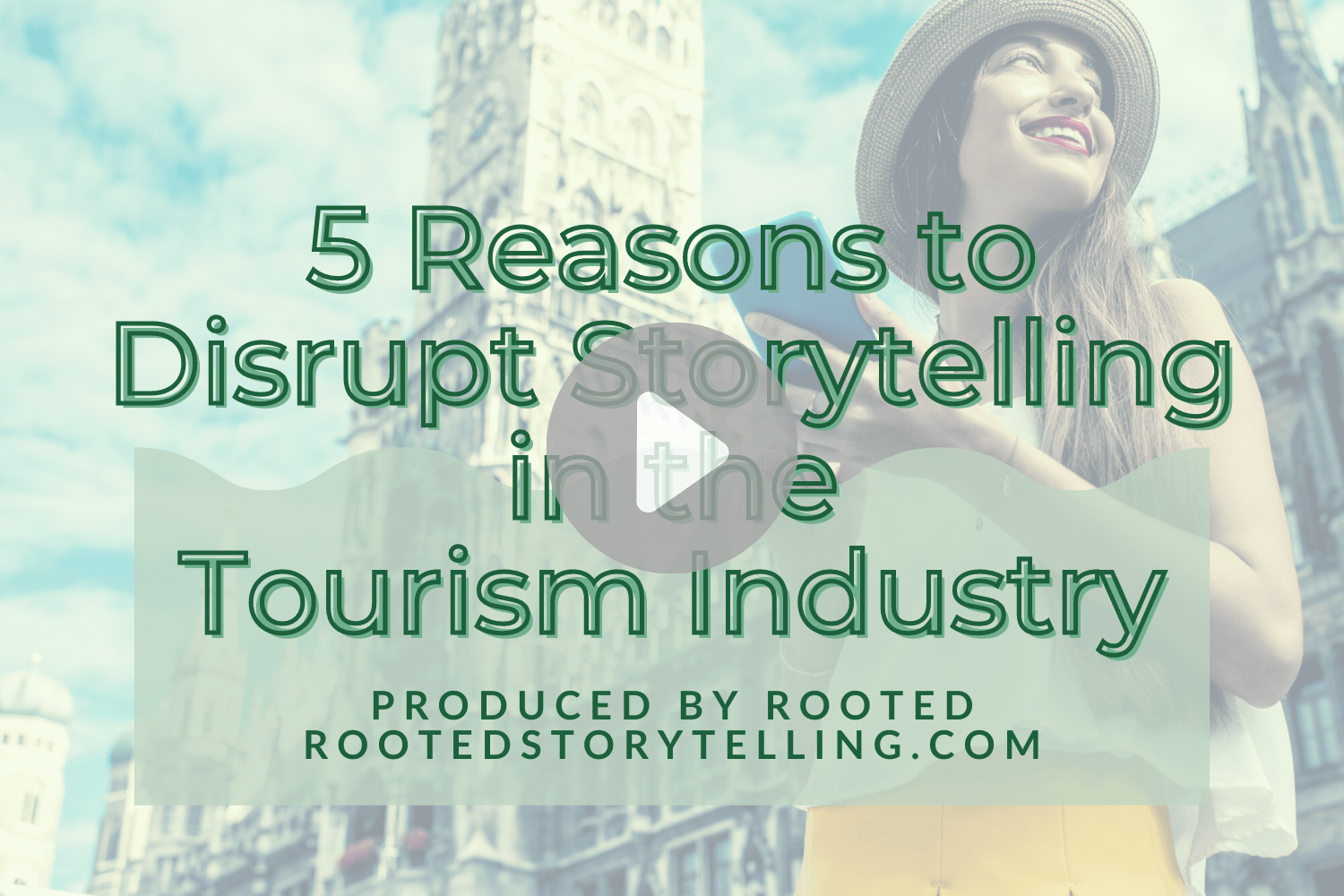On a recent 3,000-mile road trip through the United States, I couldn’t help but notice semi-trucks carrying Amazon Prime freight to all corners of the country – mile after mile, day after day. Granted, we were deep in the holiday season, and gift-giving was at a frenzied pitch.
However, the proliferation of these trucks underscored something noteworthy about American society: People have become accustomed to getting what they want when they want it.
Amazon Prime is a subscription service available in 23 countries. One of its key benefits is free shipping; in fact, 90% of people get an Amazon Prime subscription because of this particular benefit. In 2015, Amazon introduced same-day delivery, which is available in more than 90 U.S. cities. For Prime members, same-day delivery is free for orders over $25 in most cities or available for $2.99 for orders less than $25.
In other words, millions of people can buy whatever they want at breakfast and have their order by dinner at no additional cost without ever leaving home. This beck-and-call infrastructure has been built into their daily lives for any need or desire they have.
Notably, the service provided by Amazon Prime comes on the back of a service-oriented proposition popular in the United States: The customer is always right.
I worked several service-oriented jobs throughout high school and college, and the “customer is always right” mantra was baked into job expectations. It didn’t matter if the customer requested food items that weren't on the menu or threw a tantrum at the register and verbally abused the staff; the customer was always right, and it was our job to satisfy their needs.
With this messaging so deeply ingrained into society, is it any wonder that people find it difficult to accept “no” as a response?
To be clear, this mindset and these circumstances don’t apply to all people. These “as you please” services aren’t available to most people in mid- or low-income economies. In many countries, food shortages and local supply challenges dictate what’s available to eat and purchase. People experiencing homelessness or people with disabilities are told “no” all the time.
When I refer to “people,” then, I’m referring to people who live in places with access, and those places are often high-income economies (or considered to be part of the “Global North”). Further, these are people of privilege – people who can afford the subscriptions and services that come along with customer prioritization.
These are also the people who have the access and means to travel widely. The problem is, when they travel, some of them pack that “me first” mindset as if it’s not an exclusive benefit to their Amazon Prime subscription. I’m sure we’ve all witnessed egregious behavior by travelers who have no qualms about prioritizing their desires above all others’. I know I have, which include:
- The travel journalist who demanded she be able to buy half a kilo of coffee beans versus the standard full kilo from a small farm owner in Mexico and refused to leave until they found a way to accommodate her.
- The traveler who threw a fit about not being able to hang out on beaches on her own throughout the Galapagos islands versus sticking with the tour group.
- The adults who ignored the “fragile ecosystem” sign in a U.S. national park and encouraged their kids to play where they pleased, insisting that paying their taxes gave them this right.
- The countless people I encountered climbing Mt. Whitney who left wag bags behind instead of carrying their waste out.
If you’ve traveled, you’ve encountered these people.
And if you work in the tourism industry, you’ve encountered these people as well.
Unfortunately, this “do as you wish” mindset is pervasive among travelers. For its part, the travel industry has reinforced these expectations by bending over backward to please travelers. Businesses want (and need) good reviews. Tour companies are eager for good word-of-mouth marketing. Destinations fear the impact of negative publicity splashed all over social media.
However, not pushing back against this mindset and setting firm boundaries has had negative consequences. These include (but are not limited to):
- Stripping individuals of their personal agency.
- Forcing local people to engage in activities that make them feel vulnerable, uncomfortable, or exploited.
- The reinforcement of power hierarchies in which visitors are decision makers.
- The commodification of cultures.
- Defacement and destruction of fragile natural environments and historical sites.
- Unruly and inappropriate behavior.
- Putting wildlife in harmful situations.
Those working in travel-related sectors fear saying “no” because travelers have been prioritized for so long. They’ve been put on a pedestal and allowed to maintain power in situations where they shouldn’t have.
However, if those working in tourism intend to give access and power to the local communities people visit – and if they intend to be vehicles for mutual connection, cultural appreciation, and protection of natural ecosystems – we can’t be afraid of saying “no.”
Just as we welcome people to experience and engage with their travels, we need to be clear and firm about what is and is not allowed. We need to provide clear guidance about how to behave and what the consequences are when rules are broken (and stick by them). We need to acknowledge the systemic structures that center travelers in the power hierarchy, and then we actively need to work to dismantle them.
And when we say we aspire to a future of tourism that is community-led and -focused, we need to prioritize their needs and desires – through and beyond a tourism lens.
Within the capitalist system – and across many industries and sectors – people of privilege have the upper hand. Those working in and across tourism and hospitality have an opportunity to change the narrative.
All it takes is a two-letter word: No.





At Tiger Mountain Pokhara Lodge we have been politely saying No….and explaining why, for many yours (25+) and never a tantrum or bite back from our guests – it can be done as long as a clear reason is given and a friendly approach adopted.
Glad to hear this is a tactic that has worked well for you, Marcus. Thank you for sharing.
This article provides a thought-provoking perspective on the societal implications of the "customer is always right" mentality, particularly in the context of travel and tourism.
It sheds light on the privilege associated with access to convenient services like Amazon Prime and how this mindset can manifest in travelers' behavior, often at the expense of local communities and ecosystems. The call to action for the tourism industry to set firm boundaries and prioritize community needs is compelling and timely.
It's a reminder that responsible travel goes beyond individual desires and necessitates a collective effort to promote sustainability and respect. A thought-provoking read indeed.